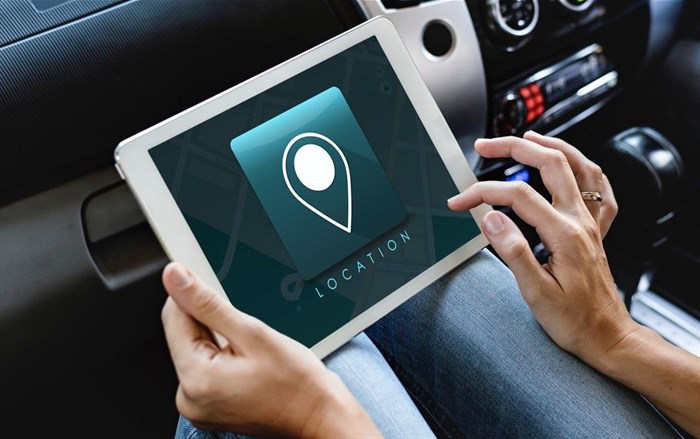
Top stories






AutomotiveHilux Custom Builds offers purpose-built solutions for your business
Toyota South Africa Motors 16 Feb 2026
More news


Marketing & Media
Ads are coming to AI. Does that really have to be such a bad thing?














Consequently, as the fuel price continues to increase at an alarming rate, companies need to do whatever they can to reduce their fuel usage.
The managing director of Legratron Electronics, Itumeleng Matshego, says companies can use telematics to reduce their fuel consumption by up to 15%.
“One of the best ways to reduce fuel consumption is to improve driver behaviour. Some of the biggest causes of fuel consumption are harsh braking or acceleration, speeding, driving at RPMs over 3000 and excessive idling.
“Consequently, vehicle telematics can be one of the most important tools in reducing fuel usage. It can provide fleet managers with driver performance data essential for rectifying driver behaviour that is costly both in fuel usage and potential collisions,” explains Matshego.
These are three main ways that telematics can help you reduce fuel expenditure:
As rising expenses continue to place pressure on business, fleet managers need to save wherever possible. “As fuel expenditure is one of biggest expenses for fleets, this should be an area of priority. Telematics can be one of the most powerful tools to help reduce these expenses,” says Matshego.